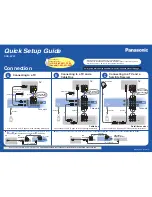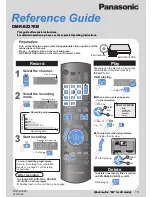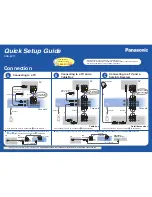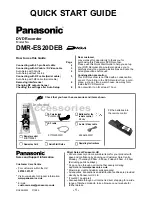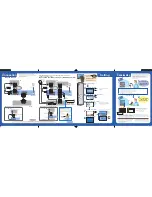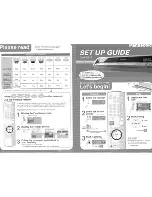
Page 47
DD8
plus Version 2.20 - September 1998
SUGGESTIONS FOR BACKUP/RESTORE
•
Try not to re-use tapes. They are relatively inexpensive to buy and potentially carry very
expensive data so it is not wise to economise.
•
Do not use ordinary audio tapes unless you’re really stuck as tapes made specifically for
backup will be more reliable.
•
Try to organise your backups sensibly to make restoring them easier.
•
In much the same as in ‘the old days’ of 1/4 inch and multi-track tapes, try to ensure that the
tape box is well labelled. Include any relevant information regarding the data stored on it.
Include dates, client names and anything else you think appropriate that will make recogni-
tion of the material and the restore that much easier. Remember! It might not be you who
restores it but somebody completely unfamiliar with the data.
•
Store and treat the tapes carefully. Just because the media is small doesn’t mean it doesn’t
deserve the same respect as a hefty 10” reel of master tape.
•
Naturally, keep backup tapes away from magnetic sources such as monitor speakers, etc..
•
If you have to send the backups anywhere, make a copy of them first.
•
When sending tapes anywhere, package them well in a suitable padded envelope or box
and wrap the tape in aluminium foil to help prevent damage from stray magnetic interfer-
ence.
•
Always write protect the tape. It may be a nuisance should you try to backup to it and get an
error message but this is better than accidentally formatting it or overwriting existing back-
ups.
•
If you are travelling abroad with your backups, take them as hand luggage. Although the X-
ray machines are supposed to be safe, you may be able to persuade airport security to have
them manually inspected (normal luggage is often subjected to high power X-ray inspection
that may not be too kind on the tape). Leave a copy at home just in case.
•
Keep backups away from liquids, etc..
•
Do not leave tapes lying around in vehicles, especially on hot days.
DISK PAGES - 7































